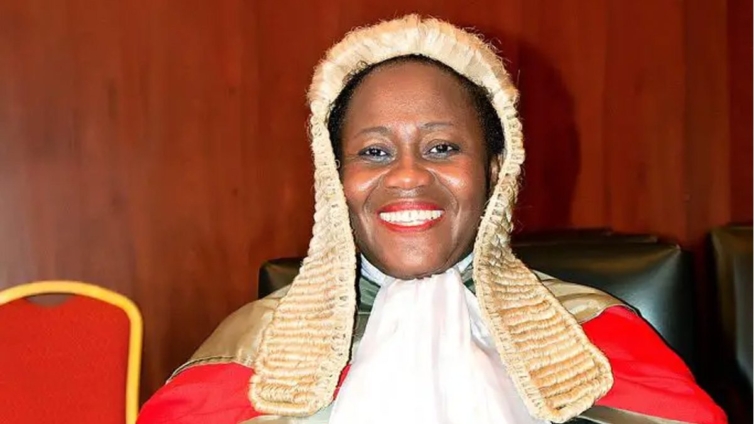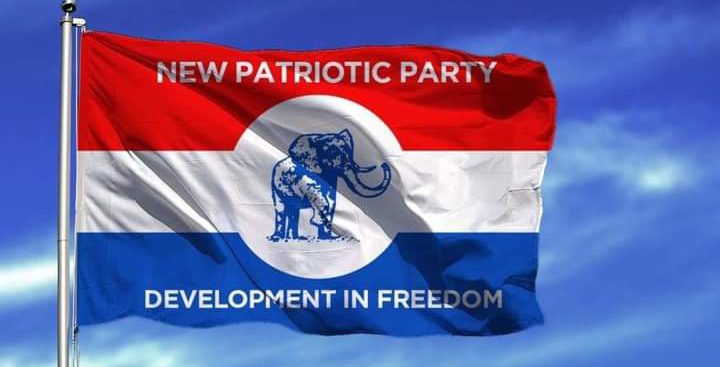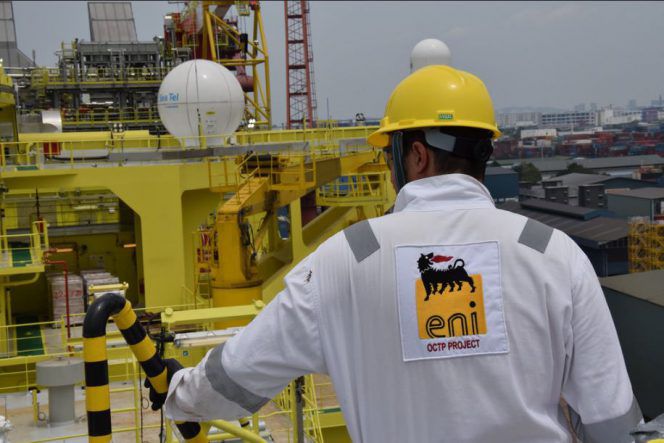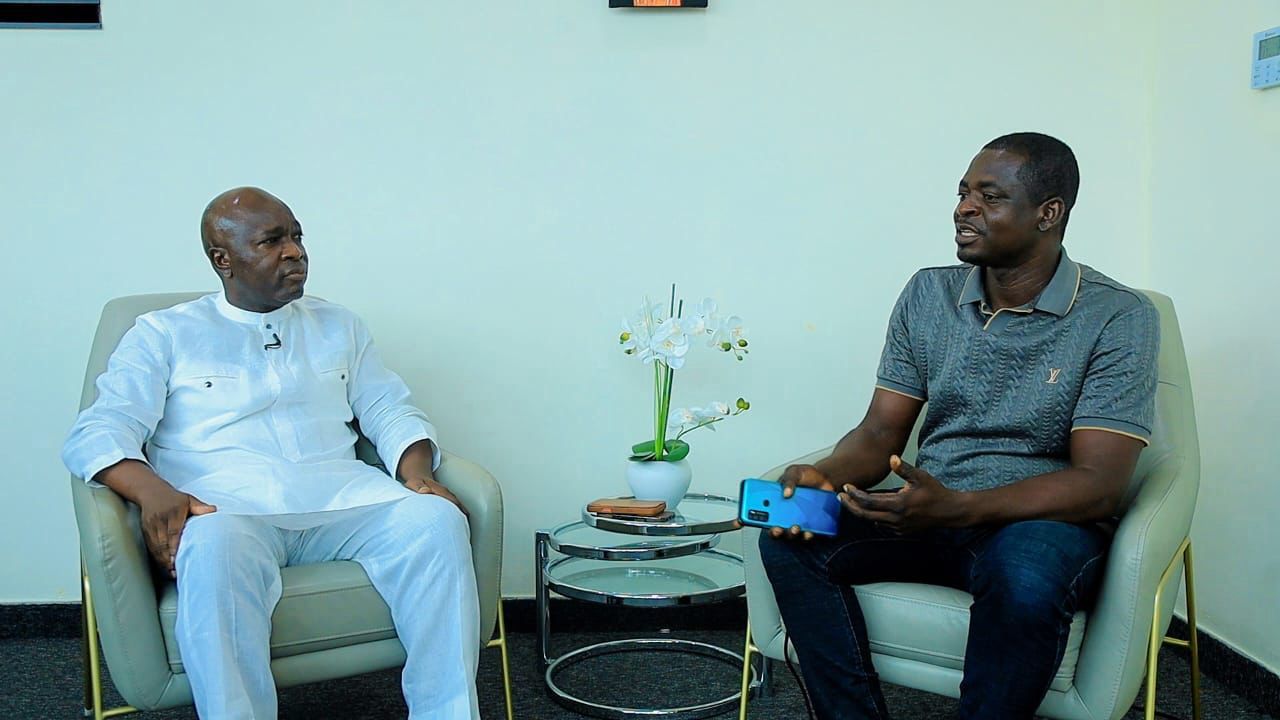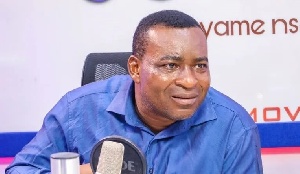Suspended Chief Justice Gertrude Torkornoo has filed a suit before the ECOWAS Court of Justice, seeking $10 million in compensation for what she describes as unlawful suspension and reputational damage.
According to filings Justice Torkornoo alleges that her suspension by President John Dramani Mahama in April constituted a violation of her fundamental human rights under the African Charter on Human and Peoples’ Rights. The suit also seeks a series of declarations challenging the legitimacy of the disciplinary proceedings against her, which mark the first such case against a sitting Chief Justice in Ghana’s 68-year history.
Among the declarations sought, Justice Torkornoo argues that the process violated her rights to a fair hearing, dignity, and satisfactory working conditions. She contends that the panel tasked with investigating her conduct lacked the independence and impartiality required under international human rights standards.
In addition to the $10 million in damages for moral and reputational harm, the Chief Justice is requesting orders annulling the suspension and halting any further proceedings related to her removal from office.
The controversy stems from her suspension on April 22 under Article 146 of Ghana’s 1992 Constitution, which outlines the procedure for removing judges of the superior courts. The process requires a prima facie case to be established by the Council of State before a formal inquiry is launched.
Justice Torkornoo has already sought relief in Ghana’s domestic courts. Her attempt to secure an injunction against the investigative committee was dismissed by the Supreme Court in May on admissibility grounds, though substantive questions regarding the legality of the process remain unresolved in Ghana’s judicial system.
Her decision to escalate the matter to the ECOWAS Court—a regional tribunal headquartered in Abuja with jurisdiction over human rights violations in West African states—has ignited a vigorous legal debate. While some legal scholars argue that she should have exhausted all domestic remedies before turning to an international forum, ECOWAS case law has generally permitted filings when domestic litigation is still in progress, as long as the matter isn’t pending before another international body.
The ECOWAS Court's eventual ruling could carry weighty consequences—not only for Ghana’s political and legal institutions but also for the broader West African region. Observers say the case could set new precedents on the balance of power between the judiciary and the executive, as well as on the enforceability of regional human rights commitments



